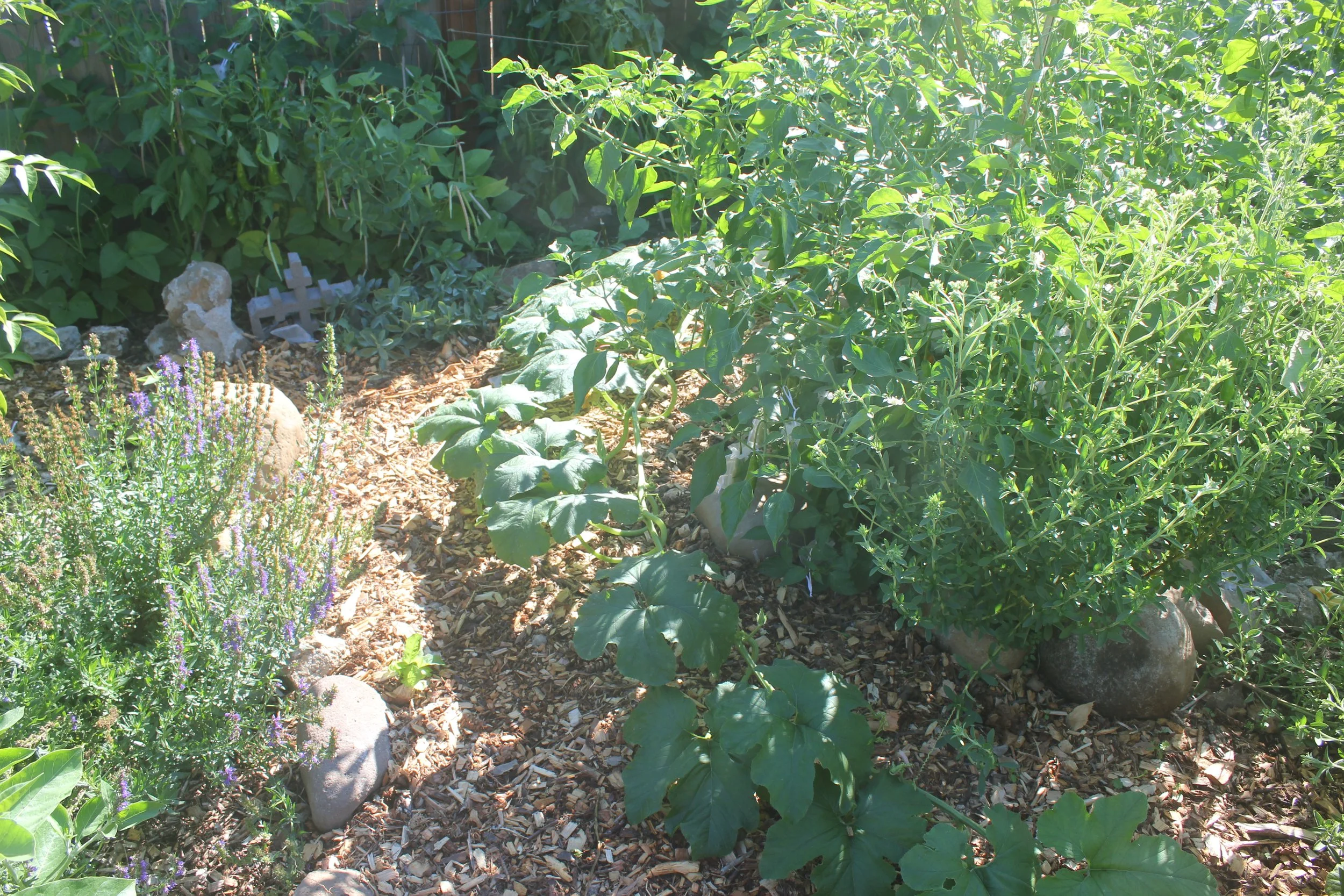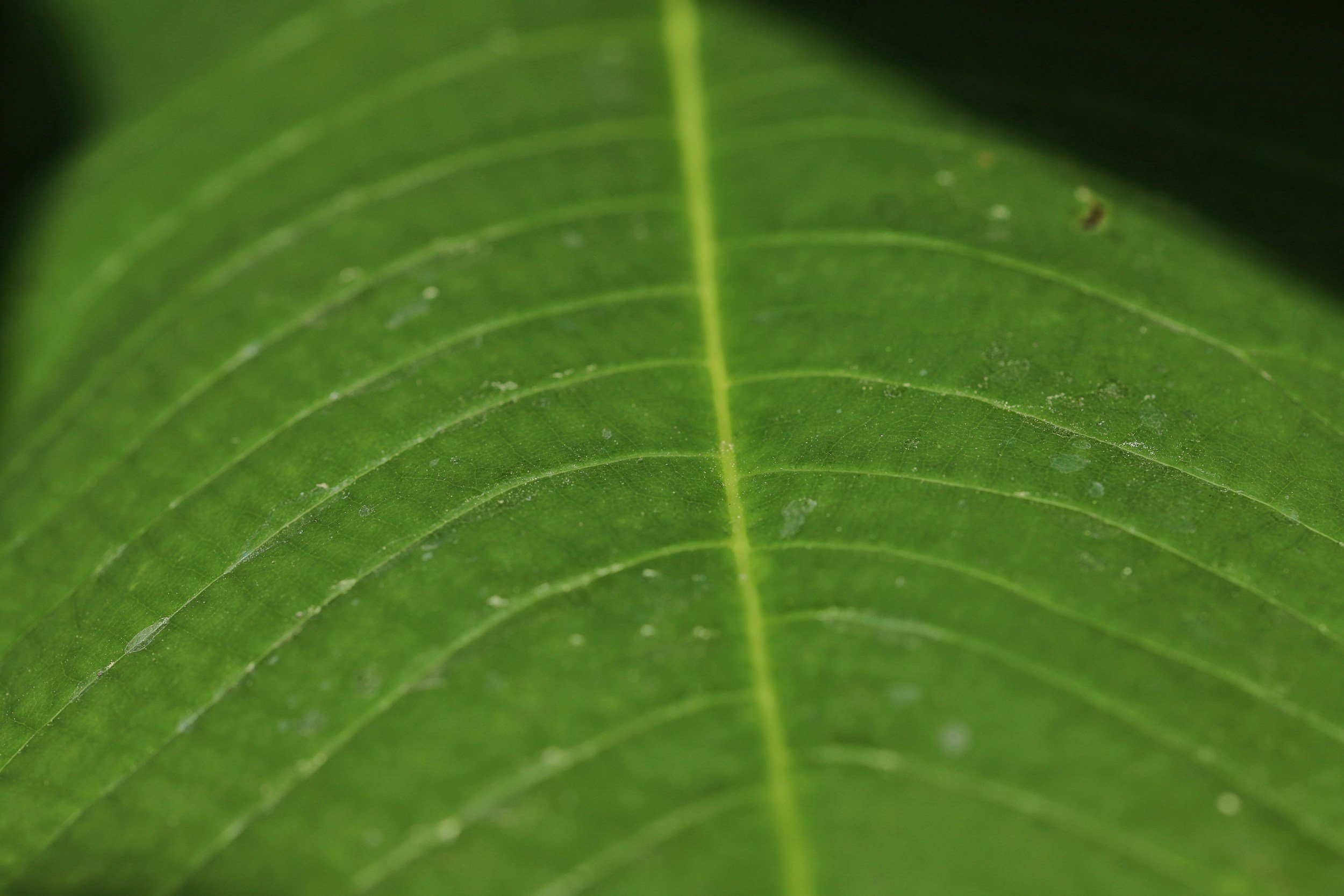
Our Aims

Mission
“To enhance social and environmental resilience by growing locally adapted seeds, distributing them to low-income and BIPOC communities, and empowering people to grow and save seeds of their own.”
Vision
To foster ecological resilience and a culture of abundance in our local food system, where everyone’s access to healthy, organically-produced foods is no longer defined by their income or zip code.
Values
— Mutual aid between people, plants and pollinators.
— Climate shock mitigation through smart landscape design.
— Creating and sharing a replicable nonprofit model that can be spread to urban areas across the United States.

One Mission, Multiple Benefits
Complex problems can have surprisingly simple solutions. Simple solutions that generate a multiplier effect are even better. The way we work, saving and donating seeds comes with a lot more benefits than simply reducing reliance on agribusiness giants and supporting historically marginalized producers.
Our methods rejuvenate biodiversity, create oases from urban heat islands, improve soil health and structure, reduce urban air pollution, and assist in smart water management — from reducing water use to creating landscapes that are more resilient to flooding. Visit our Seed Diversity page to learn about our core mission, Our Urban Environment to learn more about how our approach addresses several key environmental problems, our Equity page for more information on community benefits of our donations, and Our Ecological Approach to learn the basics of our growing philosophy.
Areas of Impact
Members & Volunteers
Involvement in urban agriculture is as good for the mind and body as it is for the planet. Our members and volunteers have the opportunity to learn new skills that enhance individual and community self-sufficiency, make new like-minded friends, and alleviate climate anxiety through action. Learn the different ways to get involved here.
Our Community
Producing locally-adapted seeds is the bedrock on which we can reinvigorate our local food system. Donating half of our seed stocks to low-income communities and BIPOC organizations provides our most food-insecure neighbors with access to healthy, inflation resistant produce — a necessary step in the path to food justice.
Our Urban Environment
Converting lawns and empty lots into productive urban landscapes is a simple solution to a number of compounding and complex environmental challenges. Our approach supports biodiversity, improves soil porosity, mitigates urban heat islands, conserves water resources, and improves air quality. Learn more here.


